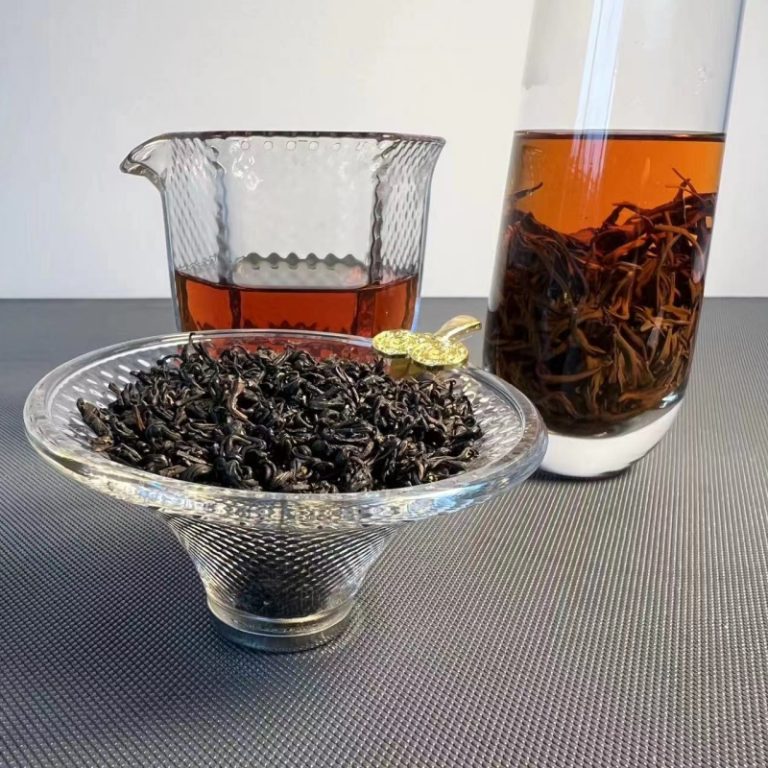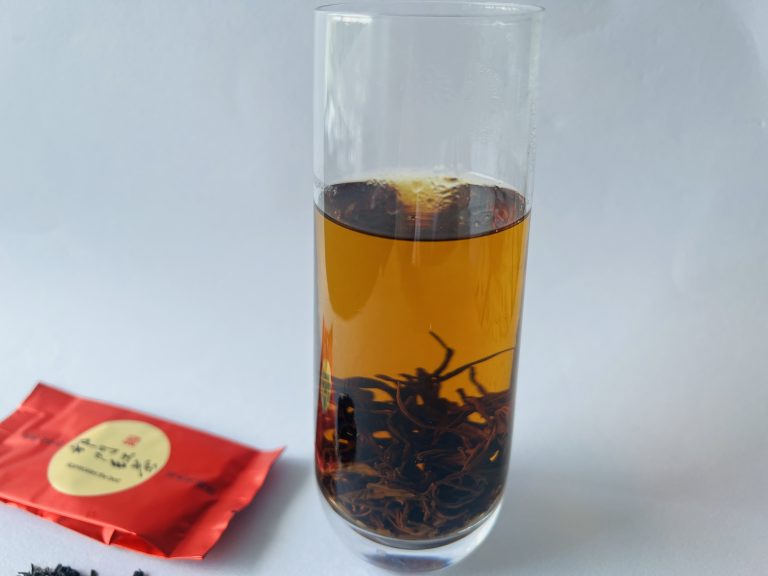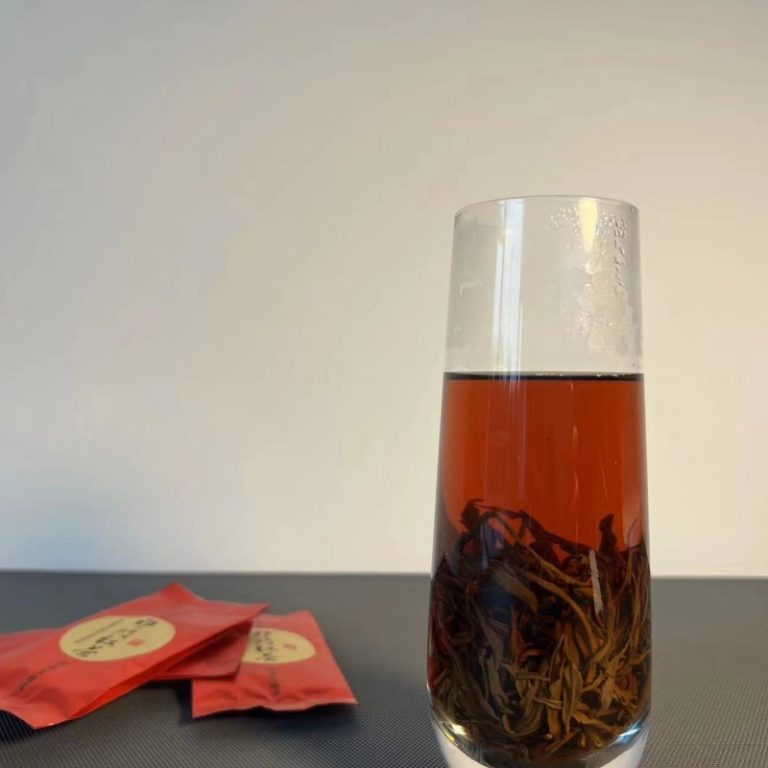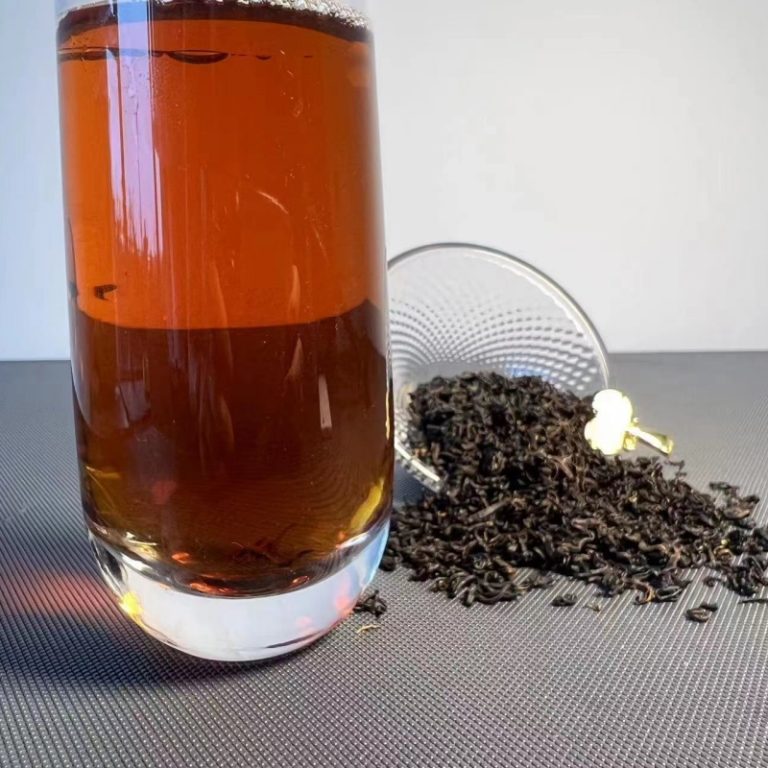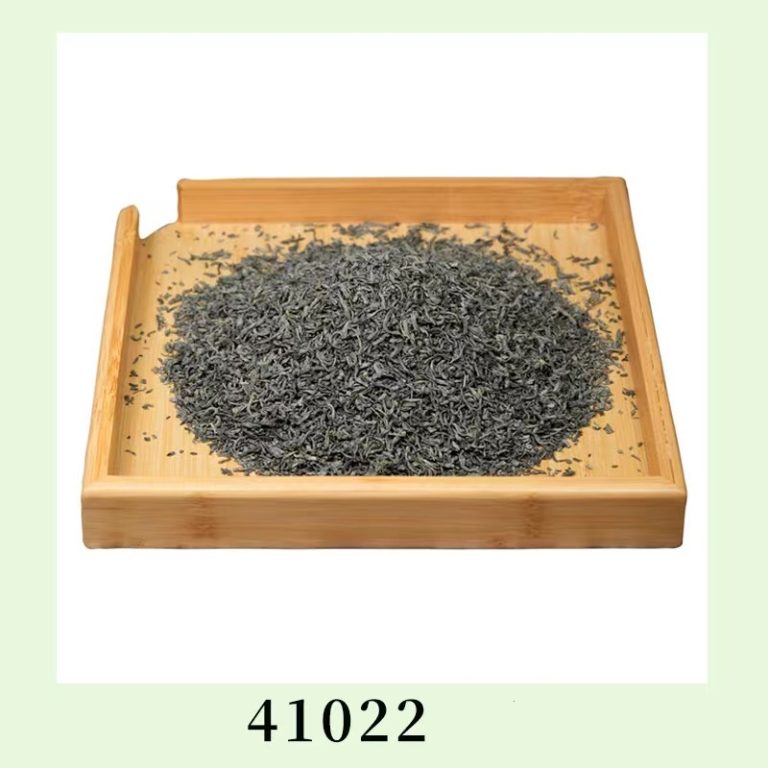Table of Contents
The History of Tea Drinking in China: Exploring the Ancient Origins of a National Pastime
Tea drinking has been an integral part of Chinese culture for centuries. The ancient origins of this beloved pastime can be traced back to the Tang Dynasty (618-907 CE), when tea was first cultivated and consumed in China.| Item | Materials | Source |
| Maofeng | Green Tea loose leaves | Mt. Huangshan |
| Rolling Maofeng | Green Tea loose leaves | Mt. Huangshan |
The Health Benefits of Tea Drinking in China: Exploring the Medicinal Properties of Tea
Tea drinking has been a part of Chinese culture for centuries, and its medicinal properties have been widely recognized. In recent years, scientific research has begun to uncover the many health benefits of tea drinking in China. This article will explore the medicinal properties of tea and the potential health benefits associated with its consumption. Tea is a natural source of antioxidants, which are compounds that help protect the body from damage caused by free radicals. Free radicals are molecules that can damage cells and lead to a variety of diseases, including cancer. Antioxidants can help neutralize these molecules and reduce the risk of disease. Tea is also a source of polyphenols, which are compounds that have anti-inflammatory and anti-cancer properties. Tea has been used in traditional Chinese medicine for centuries to treat a variety of ailments. It is believed to have anti-inflammatory, anti-bacterial, and anti-viral properties. It is also thought to help reduce stress and improve mental clarity. Studies have shown that tea can help reduce the risk of heart disease, stroke, and certain types of cancer. Tea is also believed to have a positive effect on digestion. It can help reduce bloating and improve the absorption of nutrients. It is also thought to help reduce the risk of diabetes and obesity.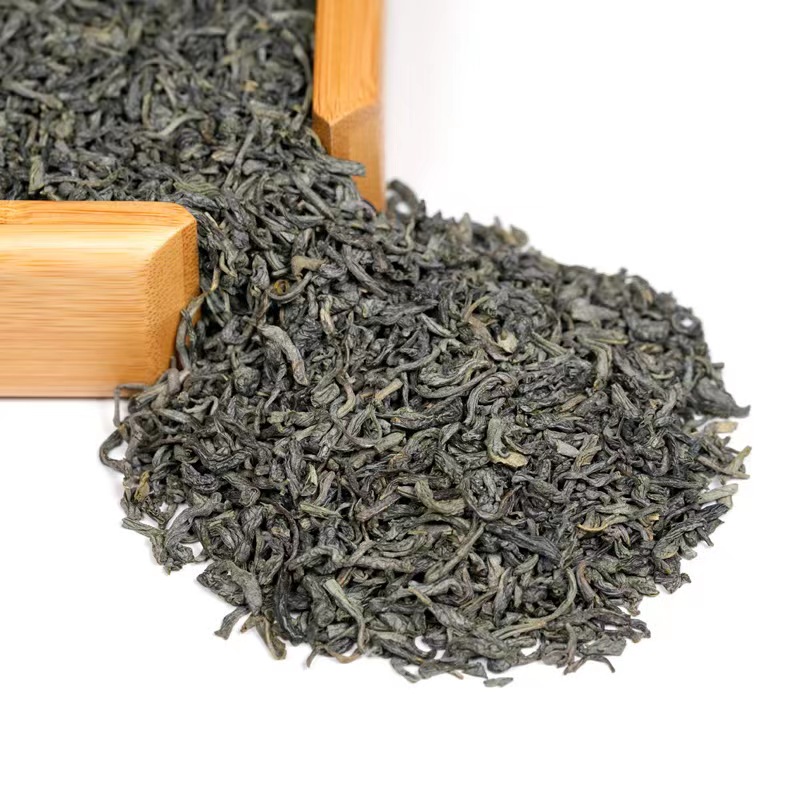 Tea is a low-calorie beverage that can help you stay hydrated. It is also a good source of caffeine, which can help improve alertness and focus.
In conclusion, tea drinking in China has a long history and is associated with many potential health benefits. Its antioxidant and polyphenol content can help protect the body from damage caused by free radicals and reduce the risk of certain diseases. It can also help improve digestion and reduce the risk of diabetes and obesity. Finally, its caffeine content can help improve alertness and focus.
Tea is a low-calorie beverage that can help you stay hydrated. It is also a good source of caffeine, which can help improve alertness and focus.
In conclusion, tea drinking in China has a long history and is associated with many potential health benefits. Its antioxidant and polyphenol content can help protect the body from damage caused by free radicals and reduce the risk of certain diseases. It can also help improve digestion and reduce the risk of diabetes and obesity. Finally, its caffeine content can help improve alertness and focus.
